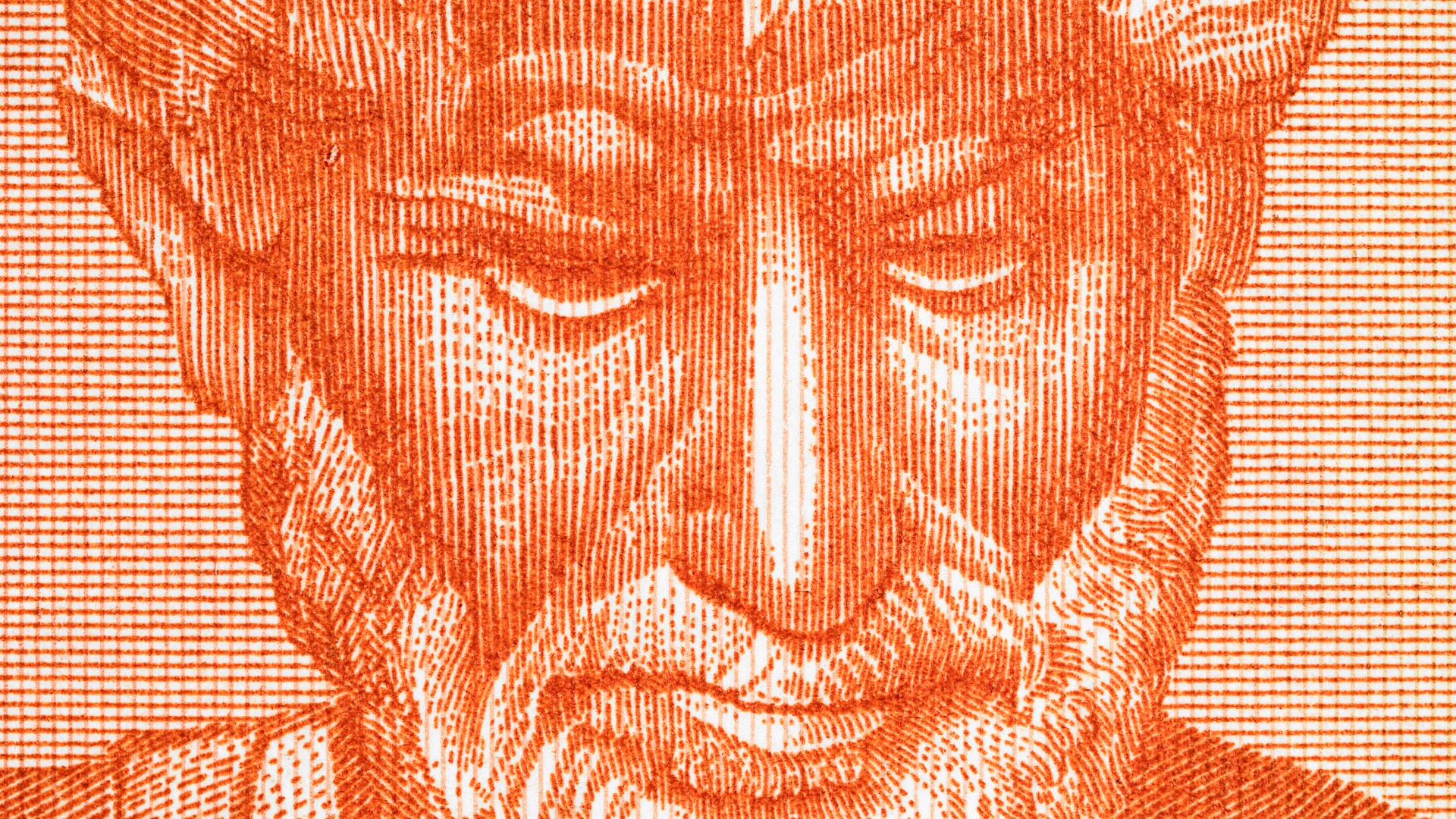Daniel Altman explains the origins of the European Union and why it’s in so much trouble today.
Daniel Altman: Back after the Second World War, a lot of people were asking, how can we get these European countries to stop fighting each other, which they’ve done for hundreds of years? And one of the answers was, let’s get them to integrate economically; let’s tie them together. This was the genesis of the European Union that we know today, which today has 27 countries in it. And, presto, they haven’t fought each other. That’s a success.
What hasn’t been such a success has been the series of treaties that they’ve signed with each other. And one of those treaties is the one that created the Euro Zone, these countries within the European Union that share a common currency. Now, there was a real good reason for this. The idea was that if they all shared the currency, not only would it help to synchronize their trade, but it would actually synchronize their economic cycles so that you would have the same economic cycle throughout these countries and you would be able to set monetary policy for these countries - the size of the money supply, interest rates, things like that - from a central authority, the European Central Bank in Frankfurt. So the expectation was that even if the countries had slightly different cycles to start with, which would make it very hard to set one monetary policy for all of them, that eventually they would come in to sync.
The problem is, it hasn’t worked out that way. Even during this last downturn, we saw some countries growing while other countries were shrinking. So if you’re a central banker sitting in Frankfurt at the European Central Bank, how do you make just one monetary policy for all of these countries? It’s impossible. And the problem gets even deeper when you look into the long-term because these countries have very, very different risks and opportunities facing them. So it makes it even less likely that they’re going to have the same cycle.
The problem in today’s terms is that we don’t have rules for knowing which countries can come into or out of the Euro Area. We know that Greece probably needs to exit the Euro Area because of its debts and because it needs to stimulate its exports with a lower valued currency. But we don’t even know what the rules would be for that happening. And if Greece were to exit, we don’t know what the rules would be for it to come back. As a result, how can you invest in Euro denominated securities because you don’t even know which countries will be in the Euro and how much the Euro will be worth?
Directed / Produced by
Jonathan Fowler & Elizabeth Rodd





